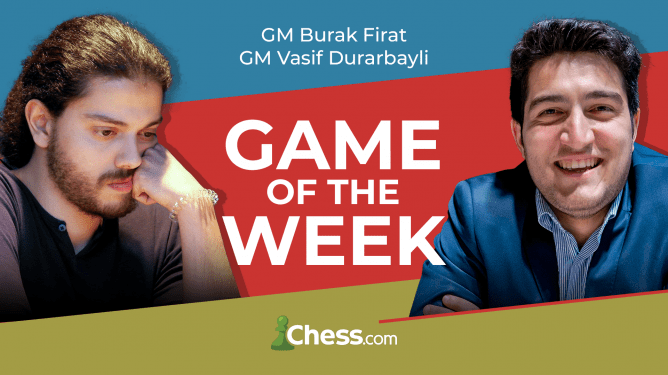When you hear the word “assumption”, a negative connotation may come to mind. Many of us have been advised at some point in our lives to avoid making assumptions or jumping to conclusions; however, this habit is ingrained in our nature as we are constantly making assumptions to help us make sense of the complicated world around us, often without even realizing it.
Sometimes, though, an internal conflict arises when new information debunks a previously held assumption. When this happens, not everyone is willing to accept such change and adapt quickly – at least not in the real world.
In this regard, chess professionals are very progressive. They have to adapt to new information quickly and revise their old hypotheses, or otherwise risk being punished in their next encounter.
For instance, a popular theory used to be that a rook and a pawn will win against a knight – that is, until the famous endgame between the second world champion, Emanuel Lasker, and a strong player of that time, Edward Lasker, challenged this assumption:
The story goes that, after the game, Edward exclaimed that he didn’t know that a knight could draw against a rook and a pawn! Well, nowadays, every chess master is familiar with this example. Ultimately, the new assumption that emerged from this game is that a rook and a pawn will win against a knight in most cases, but even in this winning position, one should be aware of the knight’s ability to fortress and defend.
Today, it is not easy to make discoveries that revolutionize our understanding of chess because the game has already evolved so much. Every once in a while, though, players uncover some novel ideas that challenge our assumptions.
One such idea that captured our attention this past week was when the world number 2 player, Fabiano Caruana, entered into a rare line of King’s Indian defense and voluntarily gave up 2 bishops for 2 knights. Generally, 2 bishops are considered an advantage over 2 knights, but in this case, Caruana used dynamic factors to neutralize the bishops, resulting in the opponent’s white square bishop not having an opportunity to actively participate in the game.
Judging by his facial expression in this tweet, though, it seems that Wojtaszek was not aware of this idea…
However, Caruana is not the first person to employ this unconventional strategy. An identical idea happened in the blitz game shown below, although the result was in White’s favor:
Game of the Week is Radoslaw Wojtaszek vs. Fabiano Caruana
Before diving into the analysis, try to solve this critical position from the game:
(White to move)
Analysis of the game:
Thank you for reading! If you enjoyed this article, please click the “Share” button, and if you find any noteworthy games that you think should appear on Game of the Week, please send us a message on Chess.com. Please note that Game of the Week will cover games played from Saturday to Saturday of each week, and any games played on Sunday will go to the next week. See you next Sunday!
Contributors:
Edited by Della Almind

Leave a Reply